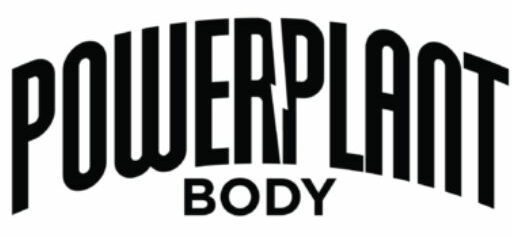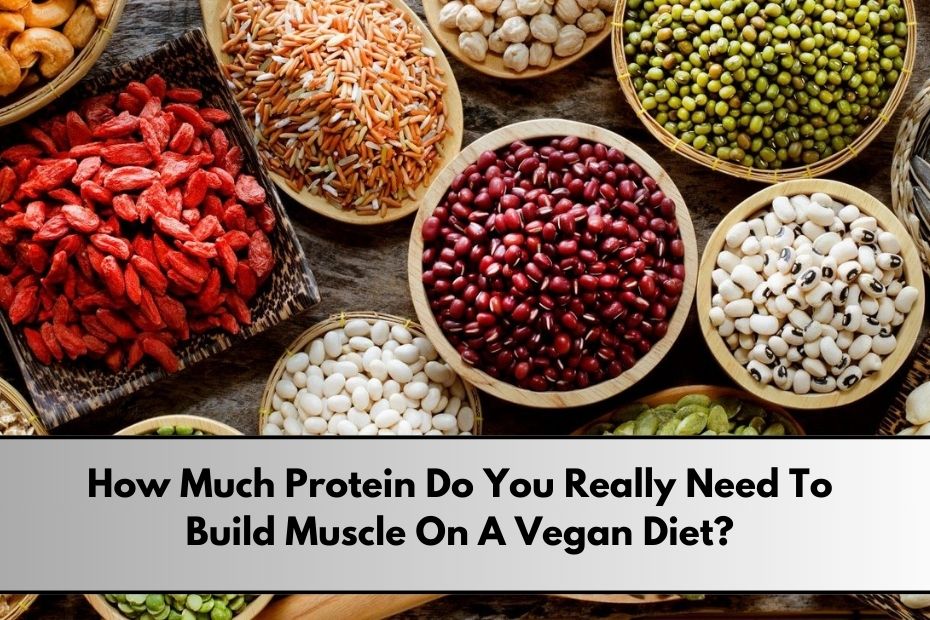Building muscle on a vegan diet is entirely possible, but it requires careful planning, especially when it comes to protein intake. Protein is crucial for repairing and growing muscles, especially after workouts. Let’s explore how much protein you need and the best ways to get it on a vegan diet.
Vegan Diet: How Much Protein Do You Need?
To build muscle, experts recommend consuming 1.6 to 2.2 grams of protein per kilogram of body weight daily. This translates to 0.7 to 1.0 grams of protein per pound of body weight. For example:
- A person weighing 60 kg (132 pounds) needs between 96 to 132 grams of protein daily.
- Someone weighing 75 kg (165 pounds) would require about 120 to 165 grams of protein each day.
This range ensures your body gets enough amino acids to support muscle growth and recovery after workouts.
Vegan Protein Challenges and Solutions
Unlike animal proteins, many plant-based proteins are “incomplete,” meaning they lack one or more of the nine essential amino acids your body needs. But don’t worry—by combining different plant-based foods throughout the day, you can easily meet your protein and amino acid requirements.
Best Vegan Protein Sources
Here are some excellent plant-based protein options to include in your meals:
- Legumes: Lentils, chickpeas, black beans, and kidney beans are protein-packed. For example, one cup of lentils provides about 18 grams of protein.
- Tofu and Tempeh: These soy-based options are versatile and protein-rich. A half-cup of tofu has around 20 grams of protein.
- Quinoa: This grain stands out as a complete protein, offering 8 grams per cooked cup.
- Nuts and Seeds: Almonds, chia seeds, hemp seeds, and pumpkin seeds are great for adding extra protein to snacks or meals.
- Protein Powders: Pea, rice, or soy-based protein powders are excellent for supplementing your intake, particularly after workouts.
Combining Foods for Complete Protein
To ensure your body gets all nine essential amino acids, pair different protein sources. Here are some popular combinations:
- Rice and Beans: Together, they form a complete protein profile.
- Peanut Butter on Whole Grain Bread: A tasty snack with all essential amino acids.
- Hummus and Pita Bread: A great combination for complete proteins.
Eating a variety of these combinations throughout the day ensures you’re meeting your muscle-building amino acid needs.
Timing Your Protein Intake
The timing of your protein consumption is also important. Studies suggest that eating protein within 30 minutes to two hours after your workout helps enhance muscle recovery and growth. For best results, include carbohydrates with your post-workout protein to refuel energy stores.
A smoothie with a mix of plant-based protein powder, almond milk, banana, and spinach is an easy and effective option after exercise.
Sample High-Protein Vegan Meal Plan
Here’s a simple meal plan designed to meet your protein needs while building muscle:
- Breakfast: Overnight oats made with almond milk, chia seeds, topped with blueberries, and a dollop of almond butter.
- Snack: A protein smoothie with pea protein, banana, spinach, and almond milk.
- Lunch: Quinoa salad with black beans, corn, avocado, and a lime dressing.
- Snack: Whole grain pita bread with hummus and carrot sticks.
- Dinner: Stir-fried tofu with broccoli, bell peppers, and sesame seeds served over brown rice.
Conclusion
Building muscle on a vegan diet is all about getting enough protein and ensuring your diet is balanced. Aim for 1.6 to 2.2 grams of protein per kilogram of body weight, include a variety of protein-rich plant-based foods, and combine different sources for complete proteins. Timing your protein intake around workouts can also boost muscle growth and recovery. With thoughtful planning, you can achieve your fitness goals while enjoying a plant-based lifestyle.
FAQ’s
How much protein should I eat daily to build muscle on a vegan diet?
You should aim for 1.6 to 2.2 grams of protein per kilogram of body weight (0.7 to 1.0 grams per pound).
What are the best vegan protein sources for muscle building?
Top sources include lentils, tofu, tempeh, quinoa, nuts, seeds, and plant-based protein powders.
Can I get all essential amino acids on a vegan diet?
Yes, by combining foods like rice and beans, hummus and pita, or peanut butter on whole grain bread, you can get all essential amino acids.

